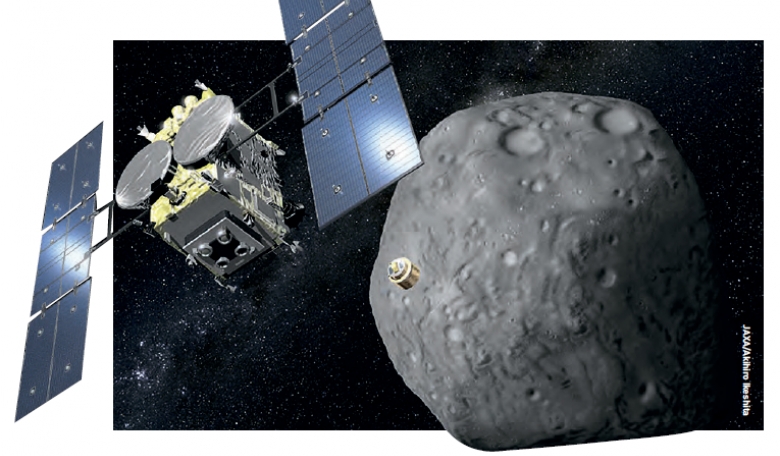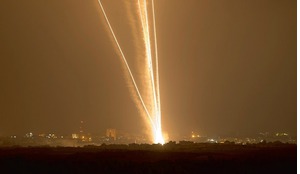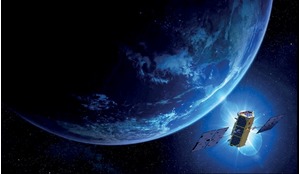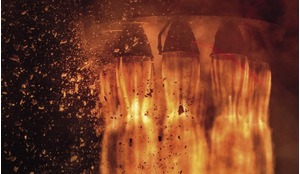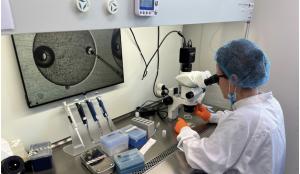On 27 June 2018 the Japanese Hayabusa2 spacecraft arrived at asteroid Ryugu, a rock less than 1 km in diameter 280 million km away from Earth. To put this in terms of human experience, reaching Ryugu was like hitting a 6 cm target in Brazil from Japan. But it is not the precise navigation that makes this mission audacious. The aim of the Hayabusa2 mission is to explore the asteroid both remotely and on the surface, and to collect a sample to return to Earth. It is science that might hold the key to how life started on our planet.
All life on Earth requires water. However, our planet orbits too close to the Sun for solid ices to be present in the planetary building material that circled the young star. It is likely that the Earth initially formed dry, without oceans or lakes. Water would then have been delivered via icy meteorites that formed in the chillier outer regions of the solar system and were scattered inwards through the gravitational influence of the giant planets. Such rocks might be similar to the type of asteroid that Hayabusa2 is currently exploring.
Asteroid Ryugu orbits the Sun between Earth and Mars. It was almost certainly once part of a larger body from the asteroid belt, a region of rocky debris left over from the planet formation process that sits between Mars and Jupiter. Ryugu is a C-type or ‘Carbonaceous’ asteroid, which is a class thought to contain organic material and also to have remained relatively unchanged since the solar system’s formation. Rocks like Ryugu likely rained down on the early Earth, so if evidence of organic molecules or water are discovered, we have the constituents for what possibly kick-started life on Earth.





